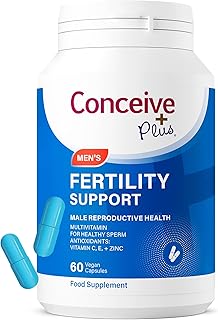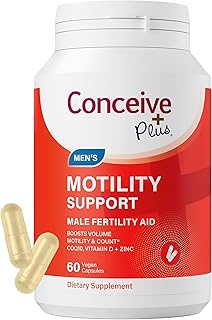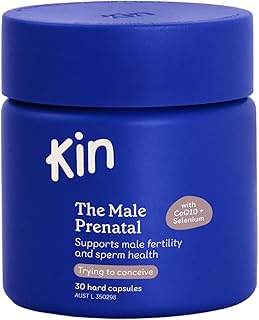Many fertility specialists have long believed that a thin endometrial lining could hinder the implantation of an embryo. This belief led to the practice of delaying IVF procedures until the endometrium thickens. However, a recent study published in Human Reproduction challenges this notion.
The study, conducted by researchers from 25 fertility centers worldwide, aimed to investigate the impact of a thin endometrium on IVF success rates. Surprisingly, the findings revealed that a thin endometrium did not significantly decrease the chances of a successful pregnancy.
Principal investigator Emre Seli, MD, a professor of obstetrics, gynecology, and reproductive sciences at Yale School of Medicine, emphasized the importance of this research in providing patients with valuable insights into their likelihood of achieving a successful pregnancy despite having a thin endometrium.
The study analyzed over 30,000 IVF cycles involving frozen embryo transfers in patients with endometrial thickness below seven millimeters. The data collected from clinics in the U.S., Spain, and the UAE showed varying approaches to managing thin endometria.
In clinics from the U.S. and Spain, where thin endometria are often a concern, only a small percentage of embryo transfers occurred in patients with thin linings. In contrast, clinics in the UAE, where thinness is less of a worry, had a higher rate of transfers in such patients.
Interestingly, the study found that thin endometria in patients from the UAE were not associated with lower birth rates. However, in the U.S. and Spain, having an endometrium below seven millimeters was linked to a 20% decrease in live births.
Dr. Seli pointed out that the lower birth rates in the U.S. and Spain may not be directly caused by the thin endometrium itself. Patients in these regions often receive interventions to thicken the lining or undergo cycle cancellations if thinness persists, indicating a specific population that may be unresponsive to these treatments.
He suggested that an underlying mechanism, rather than the thin lining, could be responsible for the reduced success rates in these regions. The study highlighted that successful pregnancies were still achievable even with endometrial thickness below five millimeters.
Dr. Seli’s team is now focused on developing a predictive model to assist fertility specialists in assessing patients’ chances of a successful pregnancy based on individual factors, including endometrial thickness.
Overall, the study challenges the conventional belief that a thin endometrium hinders IVF success and underscores the need for a deeper understanding of the complex factors influencing embryo implantation and pregnancy outcomes.
📰 Related Articles
- Study Reveals ERA-Guided pET Boosts Pregnancy Success in IVF
- Study Shows Success in Repairing Massive Rotator Cuff Tears
- Study Reveals Success of Sonography Peer Tutoring Program
- Study Reveals Key Factors for Cloud Accounting Success
- Study Reveals Finger Length Predicts Marathon Success






